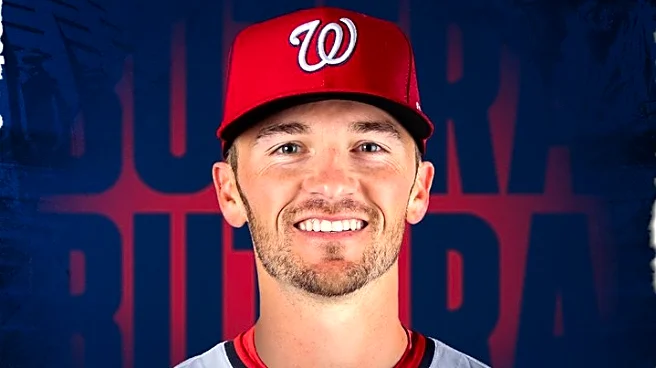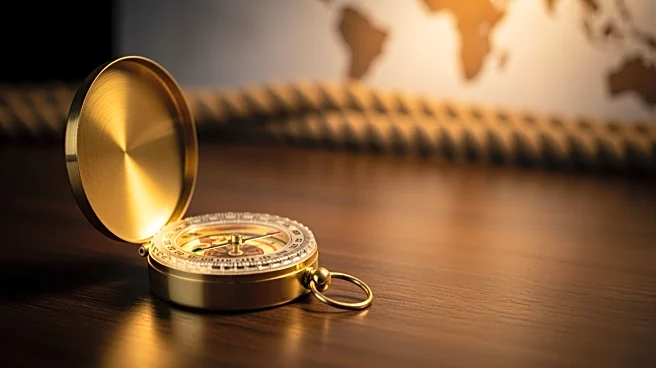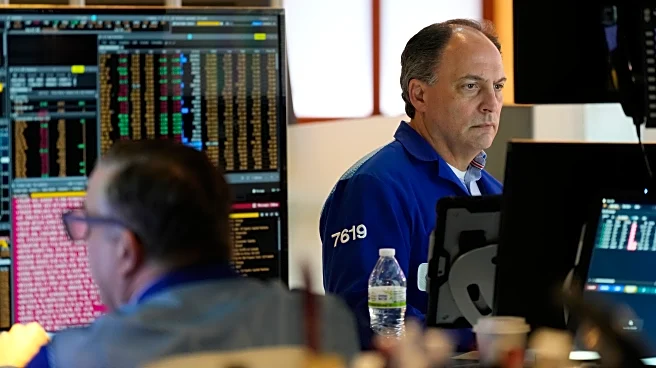Paul Toboni and the Washington Nationals made a bold move hiring Blake Butera. At just 33 years old, he will be the youngest manager in over 50 years. Thursday was a big day for Butera, as he not only
became a manager, but also became a father. Talk about living the dream.
The last manager younger than Butera was Frank Quilici back in 1972. With that in mind, I wanted to discuss some managers who got jobs in their mid-30’s and take a look at how they did. It is a mixed bag with some big successes and other guys who were not ready for prime time.
In the early days of baseball, young managers were pretty common. That is because sometimes there were player managers back in the early 1900’s. However, there were also some non-players who got managerial roles at a very young age. For example, the famous Branch Rickey got a managerial job at 31 years old back in 1913.
However, as the game evolved, young managers became less common and the player manager went extinct. In the 1960’s and 1970’s though, there were a lot of young managers, some of whom we will discuss.
The first person I want to talk about is the last manager younger than Butera. That would be Frank Quilici. He got the job as Twins manager at 33 as well. Unfortunately for him, his stint as Twins manager was mediocre. His career record was 280-287, always finishing around .500.
However, Quilici was not the only young manager in that era. There are two Reds managers that could provide hope to Nats fans. The first is Dave Bristol, who got the Reds managerial job in 1966, at 33 years old. Like Butera, he took over a young team. Bristol helped develop young players like Pete Rose, Johnny Bench, Tony Perez and Gary Nolan.
The Reds were winning games with Bristol, including an 89 win season in 1969. However, the Reds were not satisfied with the results and wanted a manager to take them over the top. They went the young route again and hired a 36 year old named Sparky Anderson.
If you are a baseball historian, you know that hiring was a success. Anderson won two World Series titles in Cincinnati with his big red machine teams and became a Hall of Fame manager. It is possible that Butera is a Dave Bristol type figure. A manager who gets the Nats back on track before someone else takes things to the next level. He could also be a Sparky Anderson, but he has a long way to go to accomplish that.
In the modern era, there have also been a few notable managers in their 30’s to get jobs. There have been some hits, but also some misses. One cautionary tale is actually AJ Hinch. Now we know Hinch as one of the best managers in all of baseball. However, that was not always the case.
Hinch got the Diamondbacks managerial job midway through the 2009 season at just 35 years old. He took over for Bob Melvin and led the team to a mediocre 58-75 finish to the season. Hinch got a chance to be the manager going into the season in 2010. However, he was fired midway through the season with his team in last place.
Hinch was not ready for prime time yet. Whether it was the talent on the roster or his lack of experience, he did not work out in Arizona. It would be four years before Hinch managed again. Of course, he took over the Astros job and had a ton of success, even if his tenure was full of controversy. Now Hinch manages the Tigers and is seen as one of the best in the business.
Hinch was not ready right away, but he clearly had the managerial talent. Even if Butera does not work out right away, he could be a massive success if he is given time. Hopefully that is with the Nationals and not somewhere else.
Other young managers include Eric Wedge, who took over a young team in Cleveland in 2003 at 35 years old. Like the Nats, the Indians were starting to lose their way after a long run of success. Wedge got the Indians back to the playoffs and helped build a young core. He had his ups and downs, but had a pretty successful stint in Cleveland.
Kevin Cash is seen as the model manager in many ways. He is immersed in analytics being the Tampa Bay Rays manager. However, he is also great in the locker room and has become empowered over the years. He got the job at 37 years old and has had a ton of success. Cash finished under .500 in his first three seasons, but once he got rolling, he has not looked back. The Rays are consistently competing in one of the toughest divisions in baseball while operating a shoe string budget. A lot of that is thanks to Cash.
A recent young manager is Oliver Marmol of the Cardinals, who got the role at 35 years old. The Cardinals are a club in transition, so the wins have not always been there, but Marmol is not the problem in St. Louis. He seems to be growing into the position as he gets closer to 40. The Cardinals will need to build a more talented roster around him, but there is no indication that he is going anywhere despite the poor results.
As we have laid out, hiring a young manager can go either way. However, most of the time it requires patience. Outside of Sparky Anderson, the wins did not come right away for these managers. Often these young guys come in to manage young teams. The manager grows with the team and they improve together.
This will be no different for Blake Butera. While he got his start managing at just 25 years old, he is still relatively inexperienced. Nats fans will have to give him some grace to start. However, eventually a lot of these guys get things rolling by their second or third season.
That is what I think will happen with Butera too. There may not be a ton of wins in year one, but hopefully we will see progress. As Paul Toboni and Butera develop their player development monster, the wins will hopefully start to come by year 2 or 3.
This is a risk, there is no doubt about it. Not all of these young guys have worked. Even the ones that did work eventually took a long time to start rolling. However, when guys are hired this young it is often because they are super impressive and talented. Blake Butera seems to fit that mold. Hopefully he can become the next Sparky Anderson or AJ Hinch.










